Justice Dept. grants $6M to confront opioid abuse, save lives
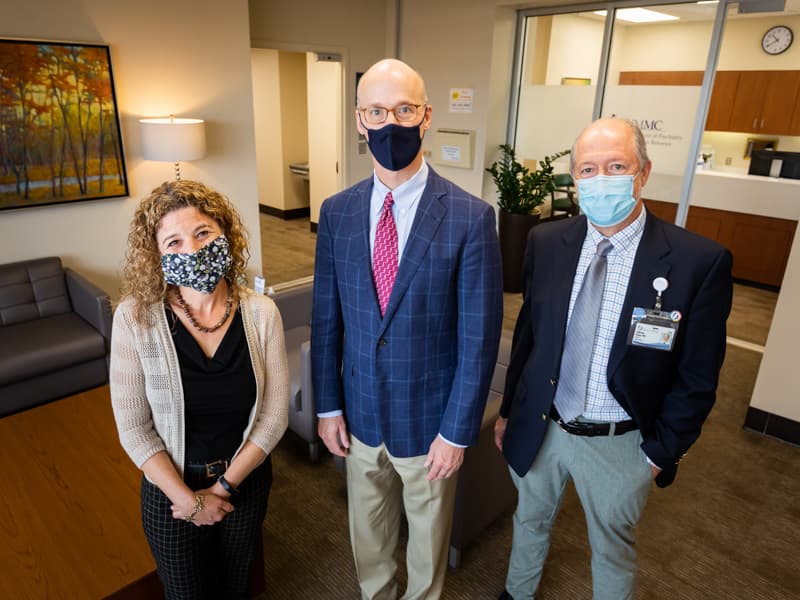
The recent funding of a $6 million federal grant means more Mississippians who have, or are in danger of, opioid addiction will be identified, and more who couldn’t get to treatment will have it.
The hope is that more lives will be saved or mended in a state that saw a 132 percent rise in deaths related to opioid overdoses between 2011 and 2018.
The University of Mississippi Medical Center and the official grant awardee, the Mississippi State Department of Health, are set to share the funds from the Comprehensive Opioid Stimulant, and Substance Abuse Program, COSSAP for short, presented by the Bureau of Justice Assistance in the U.S. Department of Justice.
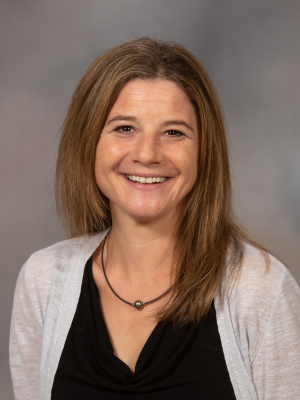
“We want to target everyone in need, from those who are at-risk to those with severe problems,” said Dr. Julie Schumacher, professor of psychiatry and human behavior at UMMC.
“This can help reduce the number of people who fall through the cracks,” said Schumacher, who, along with Dr. Jefferson Parker, professor of psychiatry and human behavior, are the principal investigators for the UMMC sub-award.
“There’s a lot of good work going on in this state, and this will make it better.”
Once MSDH approves the terms and conditions attached to the award, it can be accepted officially. UMMC’s portion is $2.8 million, spread over three years.
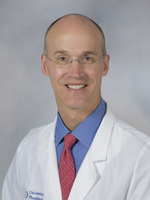
“This news demonstrates how UMMC and MSDH can cooperate and collaborate to improve care for the three million people who call Mississippi ‘home,’” said Dr. Scott Rodgers, chair of psychiatry and human behavior at UMMC.
“We are trying to prevent deaths, help people on the road to recovery and turn things around for the patients here.”
To that end, UMMC will, among other things, deliver its expertise on addiction treatment via TeleMAT – medically-assisted treatment through telehealth – at six State Department of Health clinics across the state.
Medically-assisted treatment contrasts with treatment by abstinence, Rodgers said. “This gives you better outcomes.”
The six clinics have not been named, but will be chosen based on population need, what services are already in place and whether the infrastructure for telehealth services is in place, said Dr. Meg Pearson, pharmacy director for MSDH.
These six health centers will also screen patients for an addiction, while also finding those who may be on the way to one.
“As with any chronic illness, treatment is most effective if delivered earlier rather than later, preferably before irreversible harm has occurred,” Pearson said.
“Many Mississippians are experiencing substance use and abuse like most other Americans, either directly or indirectly, through friends, family, or other loved ones.”
Across the country, the most severe and chronic cases are the ones most often pinpointed, she said. “This leaves the much larger pool of mild-to-moderate cases unidentified and without intervention.”
MOSSAP – Mississippi’s tailor-made version of COSSAP – will tackle substance abuse in the areas of greatest need. The greatest need is in rural Mississippi, Pearson said.
“Not only are Mississippians having difficulty finding treatment providers within the county they reside, but they also lack transportation.” For a large majority, nearby public transportation, is “non-existent,” she said.
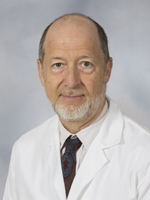
MOSSAP’s answer for that is to offer substance abuse treatment in those half-dozen regular health care clinics, rather than in mental health centers, said Parker, who is also director of the Division of Psychology and, along with Dr. James Rowlett, co-director of addictions in the Department of Psychiatry and Human Behavior.
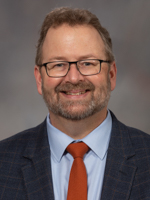
“This is somewhat difficult to do and not done nearly to the extent that it should be,” he said. “We will identify people who haven’t been identified before for substance abuse and we will be able to help them.”
Those offering help will include nurse practitioners employed by MSDH and trained in addiction treatment at UMMC, Parker said.
“We have money in the grant to hire a licensed clinical social worker, who will provide addiction therapy from UMMC to those six clinics.” The social worker will team up with the nurse practitioners through telehealth.
The project does not stop there:
- It will put in place online training for the delivery of NARCAN, the brand name for naloxone, a rescue medication administered to rapidly undo an opiate overdose. “The training is available to law enforcement, EMT’s, other first responders and family members,” Parker said.
- MOSSAP will create a database that will show which treatment centers have beds available at any given time, making it easier for physicians to place someone who needs treatment, Schumacher said.
This partnership between UMMC and MSDH could serve as a model for other projects, Rodgers said.
“Without the Department of Health, this wouldn’t have happened. Dr. Jon Hubanks helped spearhead the effort,” said Rodgers, referring to the director of the opioid program at MSDH.
“Kristy Simms [executive director of external affairs at UMMC] presented this proposal to our Mississippi congressional delegation, and in a show of bipartisanship I find exciting, they all signed it.
“When you apply for a grant like this, the hope is you get a portion funded. But we received the whole amount.”
The scope of MOSSAP should inspire other universities and other states, Rodgers said. “We will show that a university can partner with a state department of health to deliver evidence-based care and address a pressing need facing people around the world.”
Lately, it has become even more pressing, Schumacher said. “We have seen increases in alcohol and substance use as people try to cope with the stresses of the pandemic. We believe that when we make it to the other side, the need is going to be even greater.
“With this money, we can build up an infrastructure, and help our fellow Mississippians struggling with these issues.”


